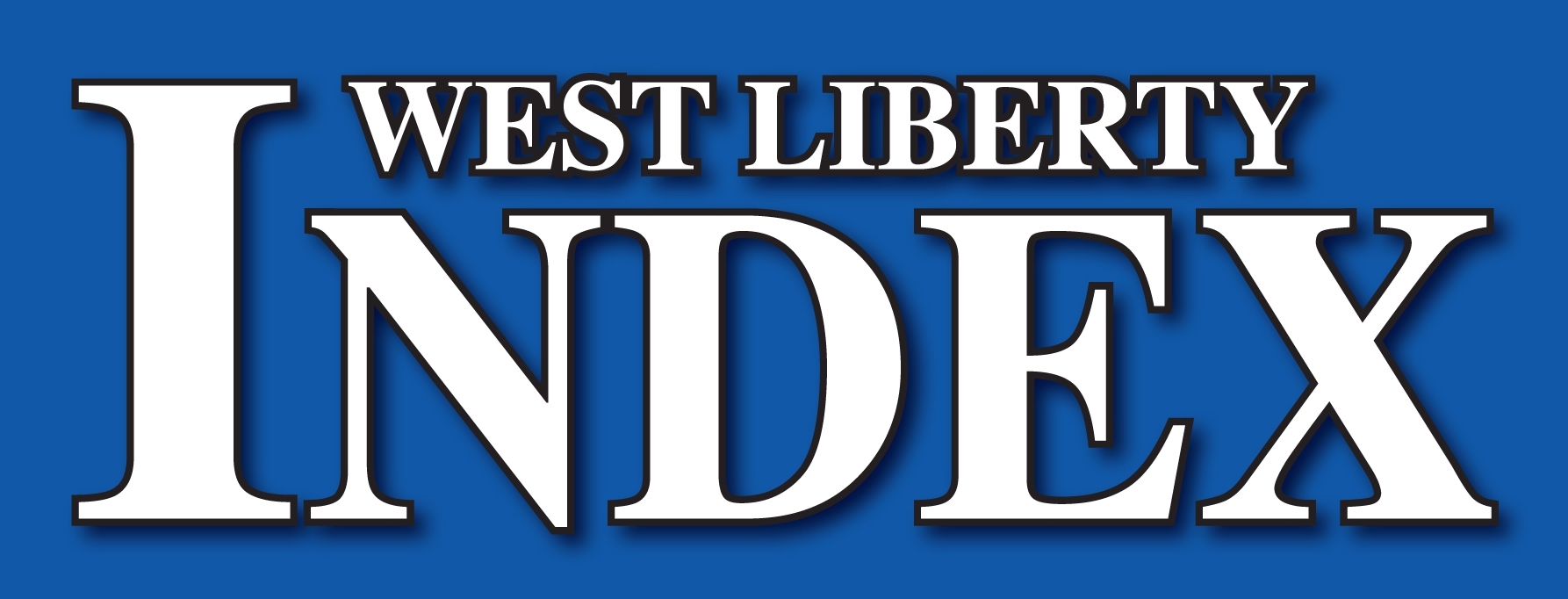Muscatine County holds public hearing on cemetery ordinance
A public hearing was held on the ordinance defining the control of pioneer cemeteries in Muscatine County during the supervisors meeting Monday, July 17.
Muscatine County Attorney Jim Barry said this was the fourth draft of the proposed ordinance, which had more cemeteries listed. County employees found two more pioneer cemeteries to list on the ordinance. Barry said if more pioneer cemeteries were found they could be added to the list at a later date.
Iowa Code Section 321 I mandates the county to having to deal with cemeteries, Barry said. Unfortunately, some of the pioneer cemeteries are on private land. Both the property owners and relatives have a right to those pioneer cemeteries. This ordinance would make sure both parties could do what they’re entitled to under the code.
Supervisor chairman Scott Sauer asked Barry what the reasonable amount of time a relative would need to ask the landowner for access to the pioneer cemetery.
“In my mind, if I own some of this property that a solution could be to set an increment amount of time (for relatives to visit) like twice a year,” Sauer said. “But I don’t know if that’s reasonable.”
The Iowa Code specifies a relative has to give the property owner 10 days notice, Barry said. If that time doesn’t work for the property owner then another date and time has to be set. No more detail was given because the code doesn’t define anymore than that. If someone feels like they’re being denied access, then the Iowa Code would say what to do in a situation like this.
“At the end of the day, where we would be left would be if somebody were to file a complaint and say Party A didn’t allow Party B access we’re going to be left to determine if the access that hasn’t been provided is reasonable or not,” Barry added.
Supervisor Danny Chick asked Barry if there was protection for the property owner from excessive requests to visit the pioneer cemetery on their land.
“I think as it’s drafted, the landowner could say no I’ve given you access,” Barry replied. “Again, we’re back to what it is. Is it reasonable to go back there every week? Every month? I don’t know.”
Mike Fuller, of Grandview, took issue with the definition of who was a relative.
“There’s a definition of relative and it starts with great-grandparent and goes from there,” Fuller said. “If this law was written 20 years ago, that needs to be updated. As far as pioneer cemeteries goes, if you start with great-grandparent you’ll eliminate anybody from visiting the cemetery. The pioneer cemetery burials were in the 1800s and early 1900s.”
Chick told Fuller this was a state law so Fuller would need to contact state officials to ask them to update the wording to reflect this.
Property owner Kelsey Bell, of Letts, has a pioneer cemetery on her property. She asked Barry for clarification about access to the pioneer cemetery. She said the pioneer cemetery was accessible by walking up the hill only would she be able to deny access to someone wanting to use an ATV to get there.
Barry said how people access the pioneer cemetery would be up to her as the property owner.
Bell also wanted Barry to clarify during the public hearing that liability for pioneer cemeteries was not on the property owner or county.
Barry said this was correct.
“In our scenario, it’s complicated for them to get up to the cemetery,” Bell said. “We all know that but for us when does our protection start? If they’re walking up our driveway, are we protected if they get injured there? Are we protected if they grab our electric fence and shock themselves to test it? When are we no longer liable?”
Property owner’s protection would start the minute the visitor leaves the county right of way, Barry said. These are details that would need to be worked out individually because of the limited accessibility to the pioneer cemeteries.
Joe Furlong, a county resident, asked supervisors to change who was defined as a relative of people buried in the state code for pioneer cemeteries.
Barry told Furlong he advised the supervisors to keep the county pioneer cemetery ordinance wording the same as what the state code says.
Furlong then argued the ordinance would prevent members from the public wanting to visit pioneer cemeteries like these. He said the landowner would get to decide who visits the cemetery, which the supervisors said was correct.
Furlong told supervisors he repairs gravestones. According to the way the ordinance reads, the property owner could deny him access to pioneer cemeteries when he asked to be allowed to go the pioneer cemetery to do this.
Supervisor Nathan Mather said that was correct.
Furlong asked the supervisors to step up and make the county ordinance less restrictive.
Mather told Furlong personally he was going to let the property owner decide who could have access the pioneer cemetery.
“Until I see something that changes my mind, I’m not super inclined to take all of the county into a position that is beyond what the Iowa legislature has already for better or worse enshrined into law,” Mather said.
Connie Fuller has relatives buried in the pioneer cemetery on the Bell property. She said she never had issues with getting access to that cemetery until the Bell’s bought the property there. She said there were tombstones knocked down in the cemetery by cattle in the early 1980s. She asked who would be responsible for the maintenance of these cemeteries.
Barry told Fuller this would hopefully be addressed better in this ordinance.After C. Fuller spoke, there wasn’t any more comments from anyone in attendance at the meeting. The public hearing was closed.
The supervisors approved the first reading of the ordinance unanimously. There will be two more readings done by them and then the ordinance will take effect.
Comments
